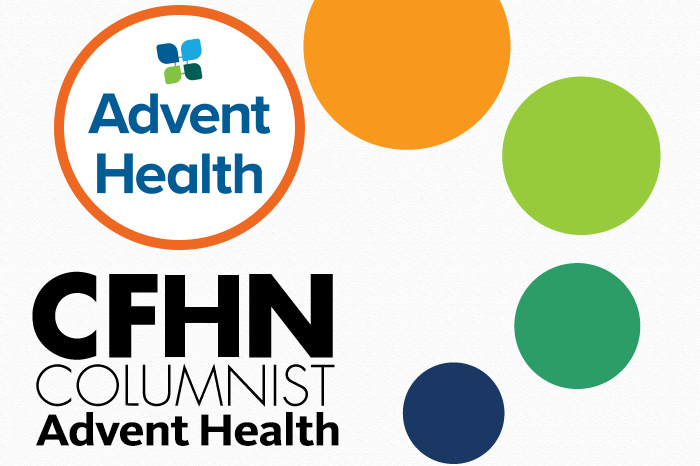
Health News
Features
-
One U.S. veteran and his life of service
Navy hero William D. Brinson honored by cornerstone SALUTES! Little did William D. Brinson know upon graduating St. Bernard High School in Alabama that he would live through war and into his senior years only to fight cancer. After his departure from his ordained seminary education, he enlisted in the U.S. Navy in 1953, and…
-
Q & A on fertility problems for him
Dr. Sijo J. Parekattil talks diagnosis and treatment For a couple trying to conceive, the realization that there may be a physical problem preventing conception can be devastating. Infertility affects approximately 6.1 million individuals throughout the United States. However, the diagnosis doesn’t mean impossible and for couples in Polk County, help is, literally, right around…
-
Behind the wheel of a Fiat 500
Fine craftsmanship meets award winning safety features The Fiat was first manufactured in Italia in 1899 and introduced into America 27 years ago. Now, it has made a come back in America as the Fiat 500. The Fiat 500 was manufactured in Europe in 2007 and over 500,000 of the 500s have been sold since.…
Columns
-
Dental Implants Can Help You Save Face
Losing your teeth can be a painful and traumatic experience, whether it’s due to age, injury, or tooth decay. Whether we realize it or not, our teeth are integral to our well-being and self-esteem. Fortunately, there are restorative procedures available for those who have lost teeth. Winter Haven Family & Cosmetic Dentistry is proud to…
-
Whole-Person Health Care is Now in Polk County
Effective September 1, 2019, the 193-bed Heart of Florida Regional Medical Center and the 160-bed Lake Wales Medical Center have joined the health system as AdventHealth Heart of Florida and AdventHealth Lake Wales. This acquisition includes both hospitals’ related businesses, physician clinic operations and outpatient services. AdventHealth is also welcoming more than1,200 new employees to…
-
Diabetic Eye Disease Awareness Month
Diabetes is the leading cause of blindness in the United States in adults. Over the past several years, the incidence of diabetes has grown as well as the rate of vision loss due to the disease. Diabetes can cause many eye problems. Here are three important things every diabetic should know to help preserve their…


